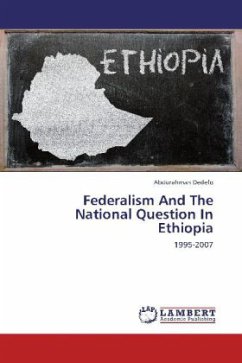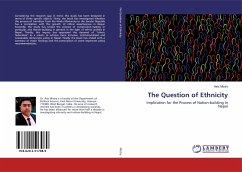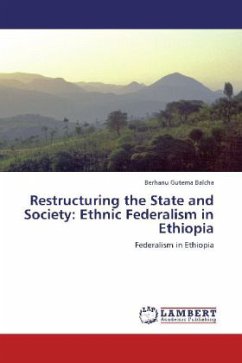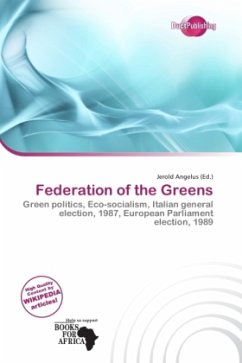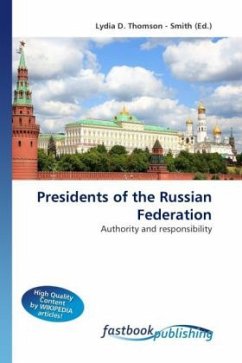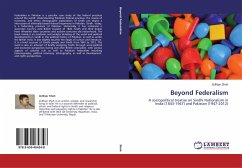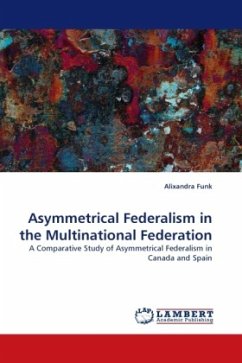
Asymmetrical Federalism in the Multinational Federation
A Comparative Study of Asymmetrical Federalism in Canada and Spain
Versandkostenfrei!
Versandfertig in 6-10 Tagen
32,99 €
inkl. MwSt.

PAYBACK Punkte
16 °P sammeln!
For several decades the term asymmetrical federalism' has provoked a variety of responses amongst scholars, politicians and citizens. The use of asymmetry within the federal state has been described as dangerous and divisive, while others have touted its ability to accommodate diversity and stabilize the multinational state. This book considers both sides of the argument surrounding asymmetrical federalism, and seeks to determine a conclusion based on a comparative study of this phenomenon in Canada and Spain. Beginning with a theoretical look at asymmetry, this book proceeds to apply the theo...
For several decades the term asymmetrical federalism' has provoked a variety of responses amongst scholars, politicians and citizens. The use of asymmetry within the federal state has been described as dangerous and divisive, while others have touted its ability to accommodate diversity and stabilize the multinational state. This book considers both sides of the argument surrounding asymmetrical federalism, and seeks to determine a conclusion based on a comparative study of this phenomenon in Canada and Spain. Beginning with a theoretical look at asymmetry, this book proceeds to apply the theoretical framework to both Canada and Spain. A final section juxtaposes the two cases and gives a viable argument for the use of asymmetry within these states. This comparative study is of use to anyone wishing to grasp the concept of asymmetry or delve deeper into the challenges faced by the multinational state. Political Science students as well as scholars should find this to be a concise,carefully navigated and valuable reflection of a delicate yet pertinent topic.



